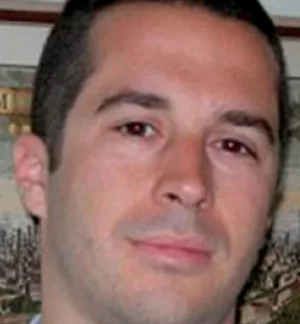Analysis of the Real Instituto Elcano
Summary
The wave of arrests and thwarted plots recently seen in the US has severely undermined the long-held assumption that American Muslims, unlike their European counterparts, are virtually immune to radicalisation. In reality, as argued in this ARI, evidence also existed before the autumn of 2009, highlighting how radicalisation affected some small segments of the American Muslim population exactly like it affects some fringe pockets of the Muslim population of each European country. After putting forth this argument, this paper analyses the five concurring reasons traditionally used to explain the divergence between the levels of radicalisation in Europe and the US: better economic conditions, lack of urban ghettoes, lower presence of recruiting networks, different demographics and a more inclusive sense of citizenship. While all these characteristics still hold true, they no longer represent a guarantee, as other factors such as perception of discrimination and frustration at US foreign policies could lead to radicalisation. Finally, the paper looks at the post-9/11 evolution of the homegrown terrorist threat to the US homeland and examines possible future scenarios.
"The American authorities and public have been shocked by the tragic events of 5 November 2009, when Army Major Nidal Malik Hasan allegedly opened fire against fellow soldiers inside the Fort Hood military base, killing 13 people and wounding 30 others. The shooting triggered a heated debate over Major Hasan's motives. Earlier analyses focused on personal and psychological factors, such as his alleged distress towards his forthcoming deployment to Iraq and the abuses he had reportedly suffered from other soldiers. As the days went by, more and more evidence surfaced pointing to Major Hasan's radical Islamist sympathies. Colleagues and acquaintances described many instances in which the Virginia-born Army psychiatrist had expressed extremely negative feelings towards the US and praised acts of violence against it. Reports also indicated that the FBI had investigated Major Hasan's e-mail conversations with Anwar al Awlaqi, a US-born Yemeni-based cleric known for his fiery rhetoric and links to two of the 9/11 hijackers.
Authorities have so far been reluctant to officially label the Fort Hood shooting an act of terrorism and, at the time of writing, various investigations are exploring all angles of this tragic event. While it might be premature, if ever possible, to identify the full spectrum of motives behind Major Hasan's actions, it is fair to say that radical Islamist ideology had an influence on his worldview. In any case, the Fort Hood shooting comes at the tail end of two months that have challenged many of the assumptions on terrorism and radicalisation in the US that have shaped the debate for more than a decade. Since September 2009, in fact, a staggering series of arrests has taken place on US soil...."
Vidino, Lorenzo. “The Homegrown Terrorist Threat to the US Homeland.” Real Instituto Elcano, December 21, 2009
The full text of this publication is available via Real Instituto Elcano.



